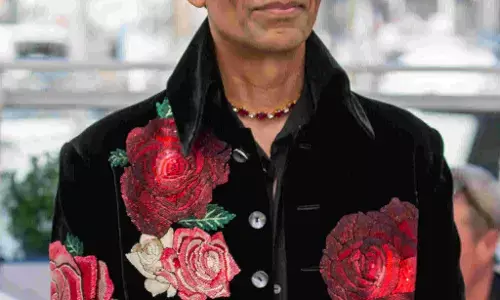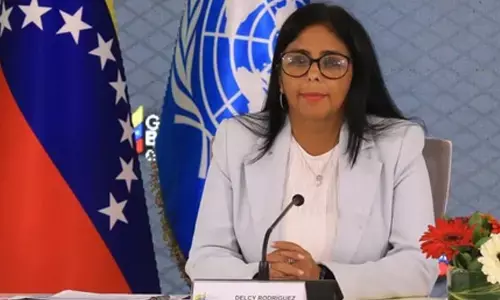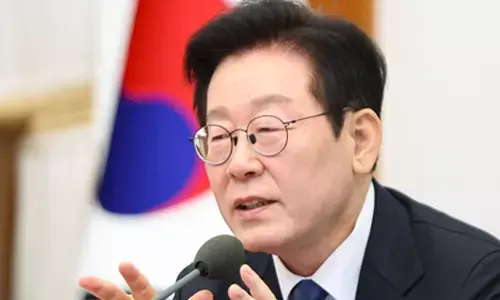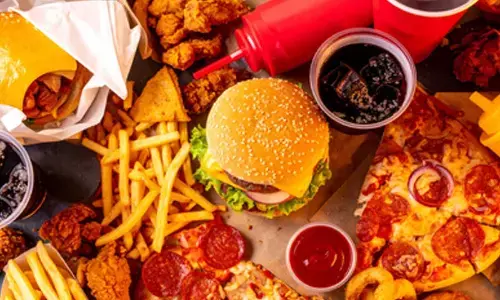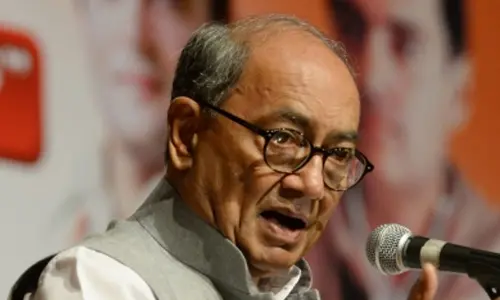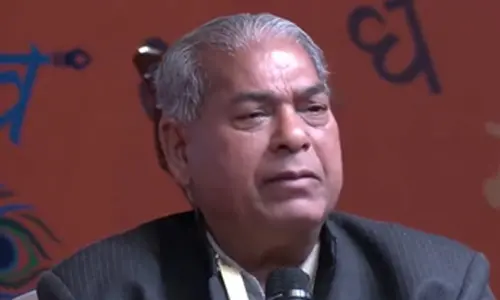Navigating H1B visas in the post-Trump world: Immigration attorney Cyrus Mehta explains
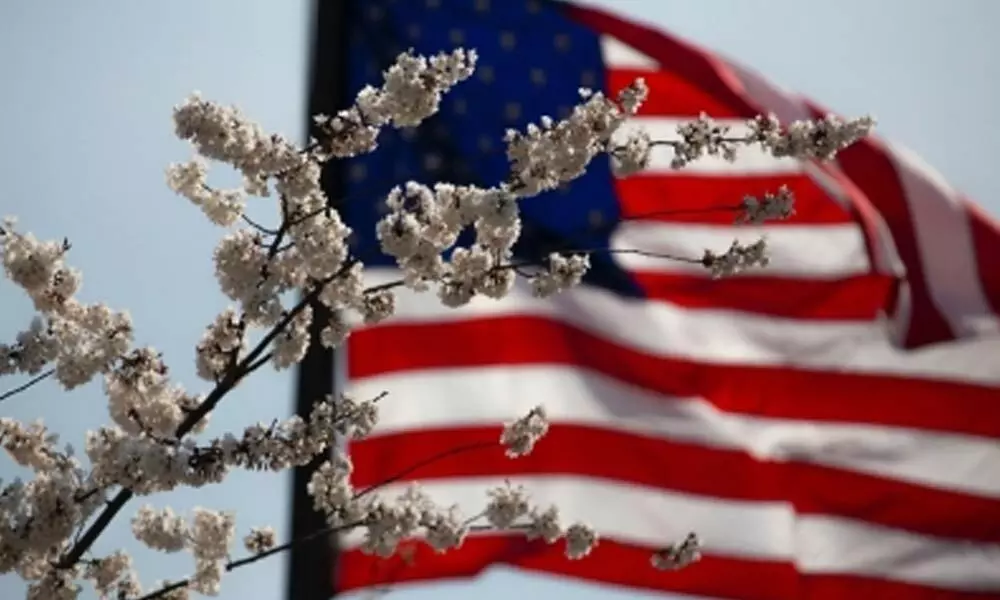
Navigating H1B visas in the post-Trump world: Immigration attorney Cyrus Mehta explains
The Donald Trump-led skewering of foreign worker visas can't be undone in a hurry when the Trump lame-duck ends.
New York: The Donald Trump-led skewering of foreign worker visas can't be undone in a hurry when the Trump lame-duck ends. The easier task will be to nix executive actions, the tangled web of regulations will be much harder to undo, New York-based immigration attorney Cyrus Mehta told IANS during a wide-ranging interview on the US work visa playbook in a post-Trump world.
The Trump lame duck has been a busy time for the US president's slash and burn immigration agenda. The president's A team on immigration policy has been pushing through a rash of rules and regulations to close out four years of systematic reductions in legal (and illegal) immigration to the United States. According to the Migration Policy Institute, a think tank, Trump has made more than 400 changes to immigration policy since his election. "The saving grace here is that Trump was not able to get Congress to pass any law. The hardest is to actually change a law," Mehta pointed out. "Congress has just not passed any law in the four years with respect to any type of substantive immigration category."
Mehta put Trump-led immigration actions since 2017 in context and pointed to the general direction in which work visas, especially H1B and L categories, could move once President-elect Joe Biden is in the White House. Below are highlights from the conversation.
The Trump hangover: "What's really significant when we talk about work visas - you have these travel bans, you have the H1B work visa ban that is still in effect, you have the immigrant visa ban that is still in effect. It's supposed to expire at the end of December, but I suspect that Trump is going to extend it, so long as he is president. And then it is going to be left up to the (Joe) Biden administration to rescind those executive orders."
Executive orders vs regulations: "It's going to be much easier to rescind executive orders than regulations. So, the travel bans that restrict H1B and L visa holders from coming to the United States - we hope that the Biden administration might be able to rescind them, even though they were done under the pretext of the Covid emergency. Trump also proposed regulations that would gut the H1B visa program the way we know it. So for example, there is a rule that will make the H1B visa categories more restrictive. It will be much harder to win H1B visas, and if H1B visa workers are placed at client sites - which is the business model for the IT industry - the H1 B visas will only be approved for one year. Thankfully, that regulation has temporarily been blocked. Also the Department of Labor regulation that exponentially increased the prevailing wages that made it impossible for employers to file labor certifications or even renew H1B visa petitions - fortunately that regulation has also been blocked by the same court order. So right now we do have some respite with both these rules being blocked by the courts."
New Trump regulations before January 20?: "Trump could again issue regulation the same way as he did before - with notice and comment, but it might be hard for him to do it before January 20. If these regulations are caught up in the court system and in the appeal system, I can see the Biden administration not challenging them, and just conceding to the court challenges to these regulations. That's how I see these regulations disappearing. The public charge regulation is also a problematic one because it's a regulation! If you try to rescind the old regulation by promulgating a new regulation, that can also be subject to a court challenge by opponents. I'm hopeful that even with the public charge rule, Biden is going to go ahead and start a procedure in which he will rescind the old regulation, even that is caught up in court appeals and there might be a way to maneuver in such a way that the Biden administration just kind of accepts defeat and does not challenge the court appeals to the public charge rule. There is a possibility that other people might want to intervene and the court might still appoint an intervener, even if the government is not interested in upholding this regulation. So all that can happen. Trying to rescind regulations is going to be much harder. The saving grace here is that Trump was not able to get Congress to pass any law. The hardest is to actually change a law. But Congress has just not passed any law in the four years with respect to any type of substantive immigration category."








